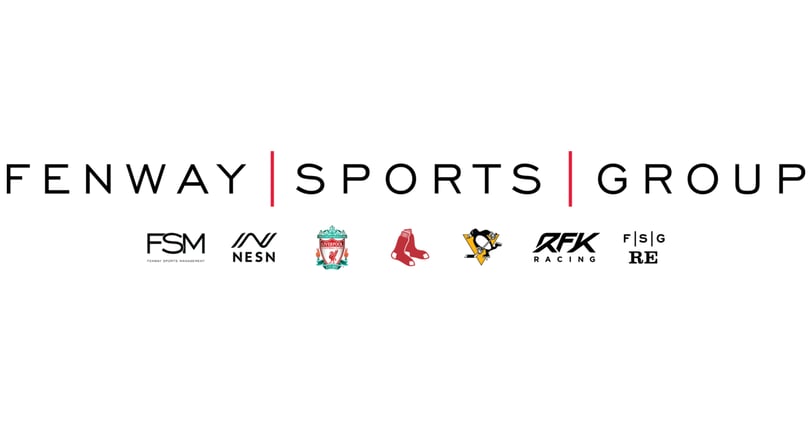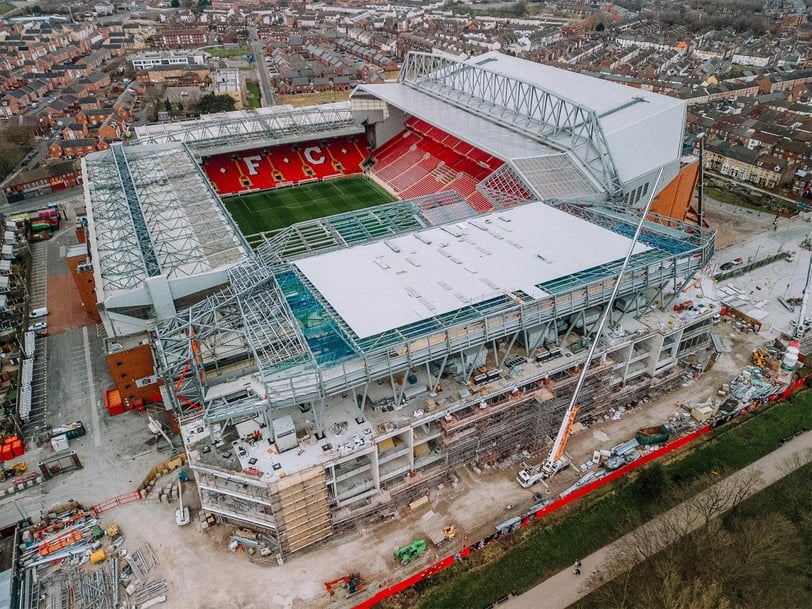Jurgen Klopp's Financial Impact on Liverpool FC Upon Retirement
In his nine years at Liverpool, Jurgen Klopp has spent at least 800 million pounds on acquiring new players. Has it all been worth it?
Today, we’re delving into the financial impact of Jurgen Klopp on Liverpool FC. Without a doubt, Klopp has transformed Liverpool on the pitch. At the same time, he has also left an indelible mark on the club's treasury.
Back in October 2015, Jurgen Klopp stepped into Liverpool and ignited hopes of a resurgence. Known for his charismatic personality and Gegenpressing tactics, Klopp's tenure promised an exciting era for Liverpool fans and the club’s owners, Fenway Sports Group (FSG).
However, in February 2024, Klopp announced that he would be leaving the club by the end of the 2023/24 season. The 56-year-old attributed his shocking decision to “running out of energy”.
Klopp's Data-Driven Approach to Success
With a heavy emphasis on data and finding undervalued stars through statistical research, FSG has taken a more deliberate approach to the transfer market since their arrival at Anfield in 2010. Klopp was chosen early on by the club’s owners, in part because he was receptive to such data-driven methods.
Liverpool invested heavily in key players, including 75 million pounds for Virgil van Dijk, 66 million for Alisson Becker, 34 million for Mohamed Salah, and 85 million for Darwin Núñez, demonstrating a strategic approach to building a competitive squad. This was balanced by the sale of Philippe Coutinho in 2018 for around 142 million, highlighting a financially savvy approach to transfers and strengthening the team's performance while maintaining financial health.
During Klopp's tenure, the club has spent at least 807 million pounds sterling on acquiring new players while earning 532 million from player sales. Klopp's net spend, reflecting the difference between these amounts, stands at about 275 million pounds. This financial activity highlights both the club's investment in talent to strengthen the squad and the effective realization of assets through player sales.
Liverpool Revenue and Valuation Growth


From Fenway Sports Group (FSG) / fenwaysportsgroup.com
In 2010, Fenway Sports Group paid approximately 300 million pounds to acquire the Reds with the intention of implementing Financial Fair Play to enforce stricter spending limits. However, the regulations were never as stringent as FSG had expected. Things finally fell into place to begin an extraordinary era for the Reds when Klopp found his groove as Brendan Rodgers's successor.
Under Jurgen Klopp's management, Liverpool's valuation has significantly increased, with an estimated value of around 4.5 billion as of mid-2023. Revenues rose from just under 300 million pounds in 2015 to over 700 million for the 2021/22 season, including 314 million in broadcast revenue, a figure the club heavily relies on each season.
Klopp's tenure has not only seen success on the pitch but also a substantial financial boost for the club, demonstrating his profound impact on Liverpool's financial and brand value.
Trophies and Financial Rewards
Liverpool has won it all under Klopp’s management, lifting the trophies for the Premier League, Champions League, FIFA Club World Cup, UEFA Super Cup, FA Cup, and Carabao Cup, which has enabled the club to boost its revenue.
The club's coefficient has increased yearly as a result of this success, leading to an increase in income and the collection of approximately 480 million in prize money from the European competition. Klopp's third contract extension with Liverpool was supposedly set to end in the summer of 2026, reflecting Liverpool's commitment to Klopp's long-term vision for the team.
Infrastructure Investments


From Liverpool FC / liverpoolfc.com
Liverpool's Anfield Road End expansion project's cost increased by 20 million, totaling 80 million, due to design changes and construction costs. This project is part of Fenway Sports Group's 250 million investment in the club.
This includes the Main Stand and the 50 million state-of-the-art AXA Training Centre, highlighting a significant financial commitment to improving Liverpool's infrastructure. As a result of these investments, Liverpool's matchday revenue has seen significant growth, notably after the Anfield expansions, with the stadium capacity now increased to 61,000.
Global Merchandise and Brand Strength
Liverpool’s global merchandise sales have surged, partly due to the popularity of stars like Salah, Alexander-Arnold, Van Dijk, and Becker. A significant partnership with Nike, beginning in the 2020/21 season, has boosted shirt sales, with Liverpool selling the third-highest number of shirts in Europe back in 2021, reaching 2.45 million units. This deal not only elevated Liverpool's global merchandise distribution but also brought financial perks, with Nike paying Liverpool around 30 million per year guaranteed.
Jurgen Klopp's Influence on Player Development and Market Value
Under Jurgen Klopp's stewardship, Liverpool became a beacon for developing and enhancing player talent. Klopp's approach to nurturing young and existing players resulted in a significant increase in their market values. Mohamed Salah, initially signed for 34 million pounds, transformed into one of the world's top forwards, with his market value peaking at over 150 million pounds. Similarly, Sadio Mane, acquired for around 30 million pounds, saw his market value triple during his peak years at Liverpool.
Klopp’s influence extended to homegrown talents as well. Trent Alexander-Arnold, who emerged from Liverpool's academy, evolved into one of the best right-backs globally, with a market value soaring past 100 million pounds. Klopp's emphasis on tactical intelligence, physical conditioning, and mental fortitude equipped players with the skills needed to excel at the highest levels of football.
This player development strategy not only strengthened Liverpool’s on-field performance but also provided financial flexibility. The club’s ability to sell developed talents like Philippe Coutinho for a record 142 million pounds exemplifies Klopp’s impact on player marketability. This financial gain from player sales allowed Liverpool to reinvest in the squad, maintaining competitiveness and ensuring sustained success.
Klopp’s Enduring Legacy
Jurgen Klopp's departure marks the end of a transformative era for Liverpool FC. His tenure left a profound impact not only on the club’s on-field success but also on its financial health and global brand strength. Klopp’s strategic approach and charismatic leadership led Liverpool to win all major trophies available to the team.
Fenway Sports Group, Liverpool's owners, also played a crucial role in this transformation. Their vision and commitment to balancing the club's rich heritage with commercial success have been fundamental in establishing Liverpool as a financial powerhouse in global football.
Jurgen Klopp’s era at Liverpool will be remembered for rewriting the fan experience, delivering unforgettable matches, and setting new standards of excellence both on and off the pitch. His departure leaves a lasting legacy that will be admired for generations to come.
